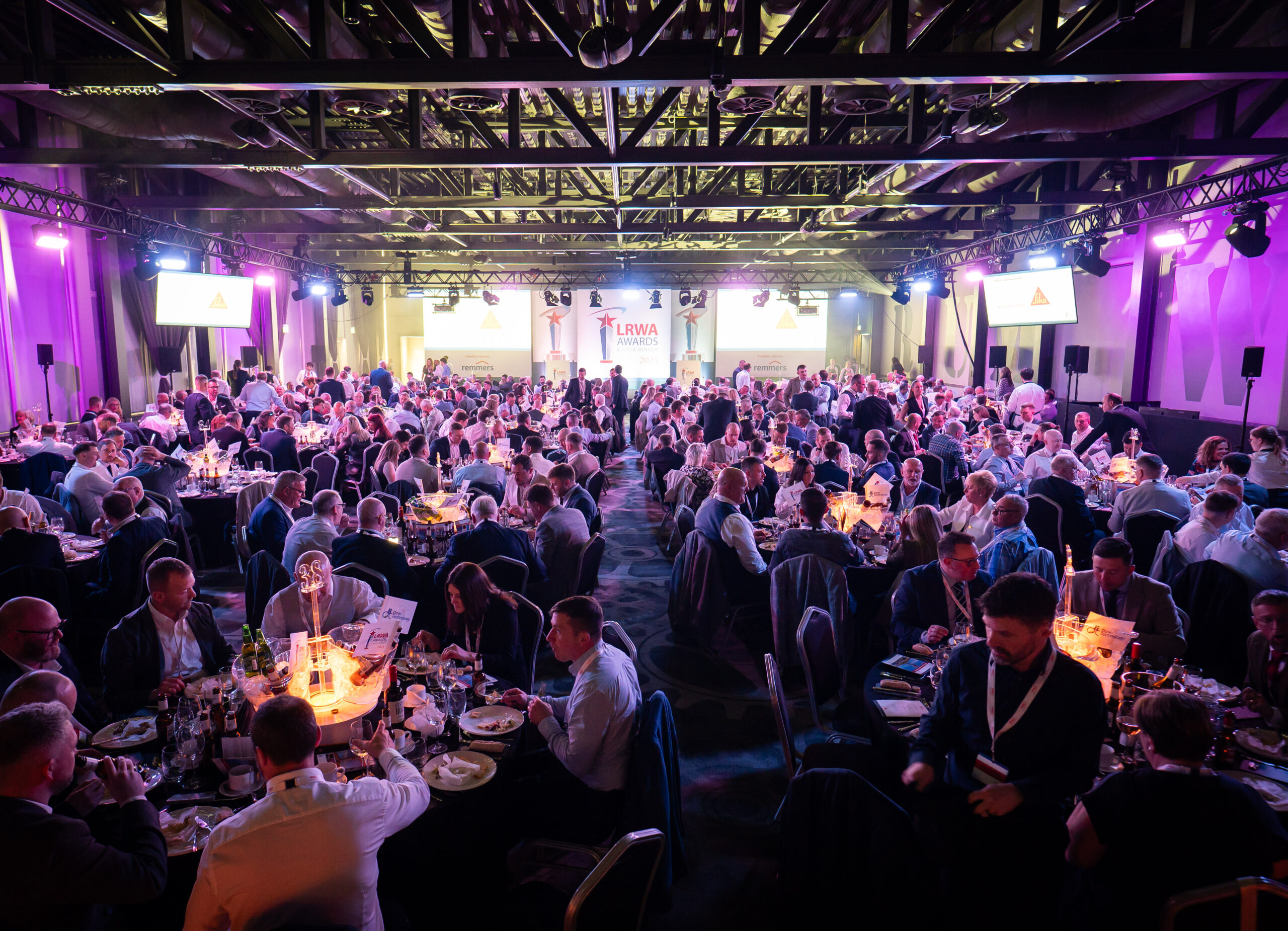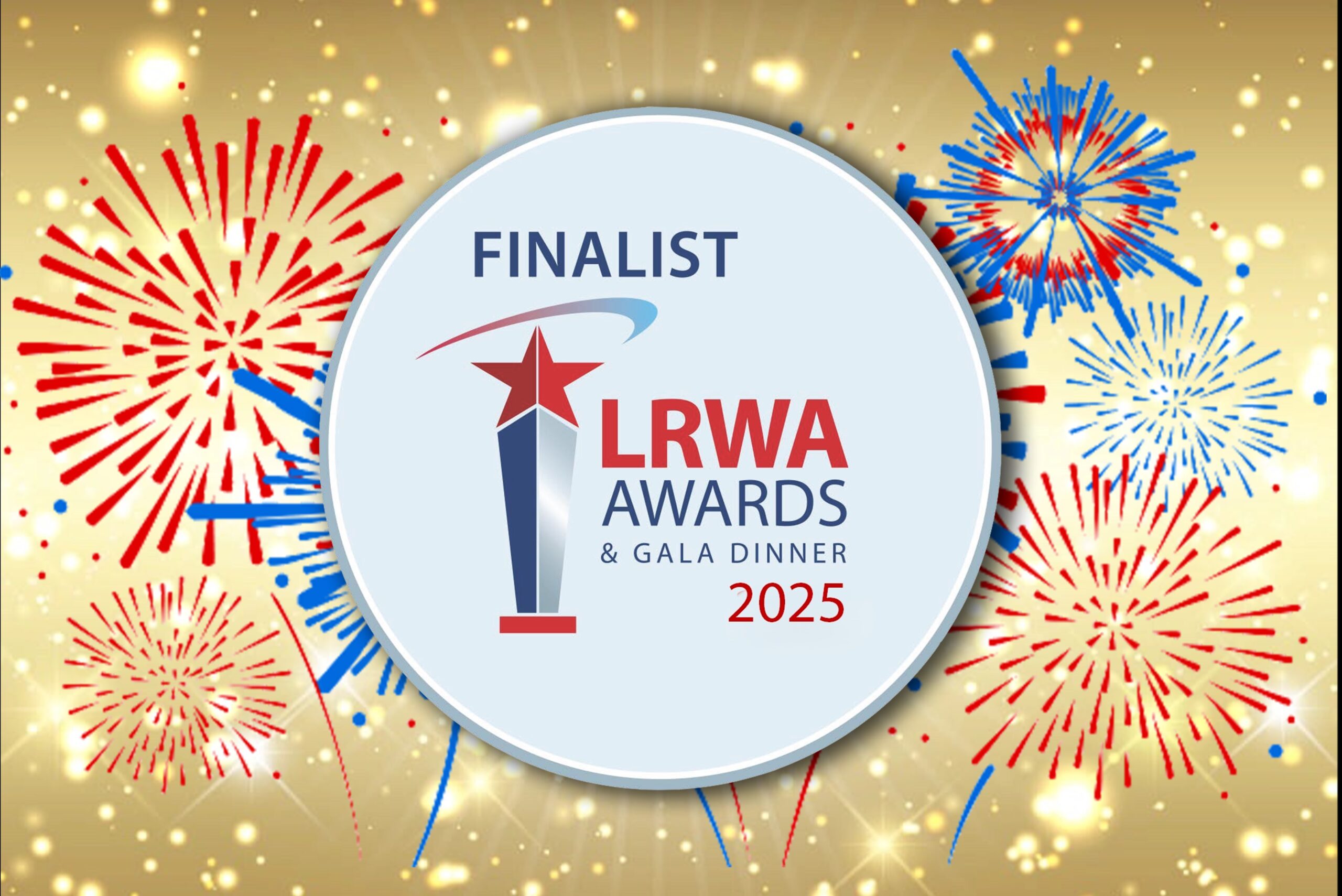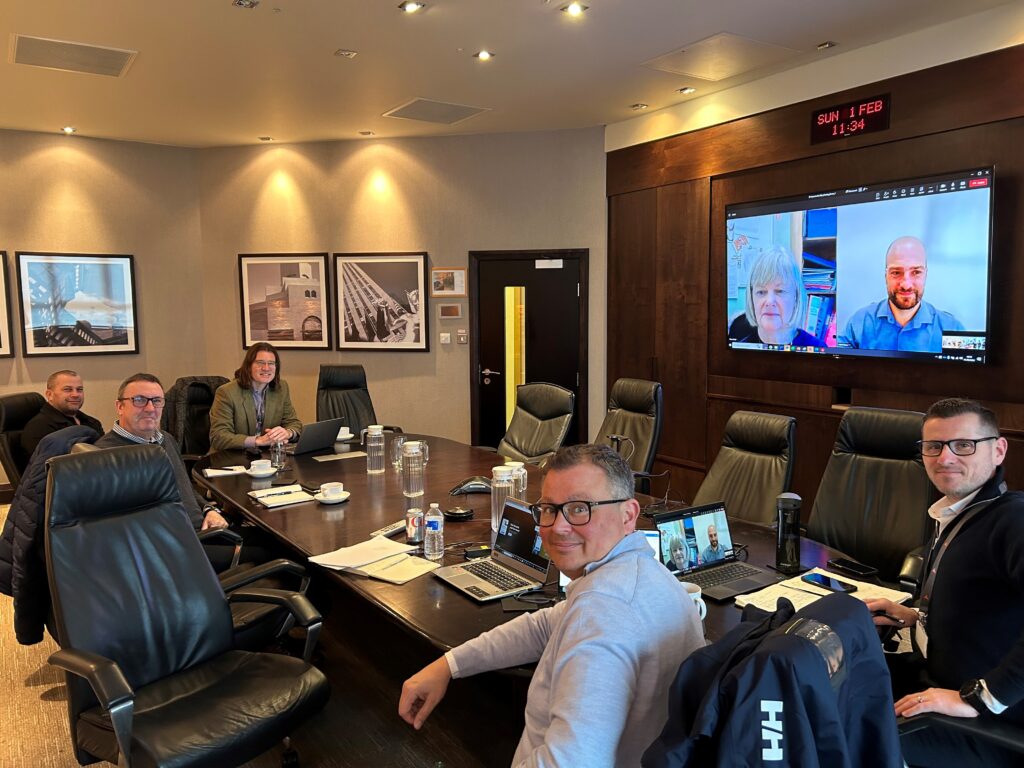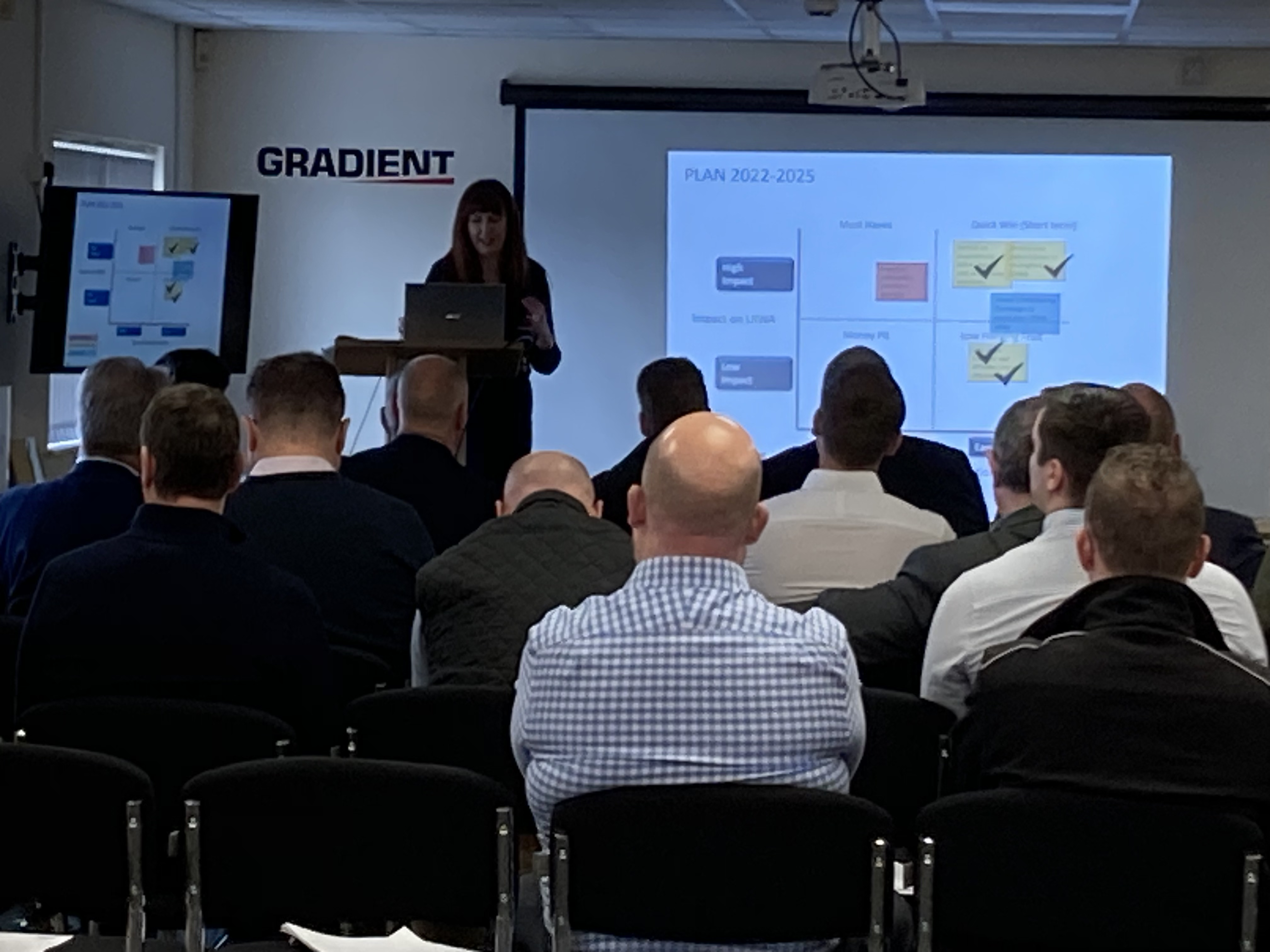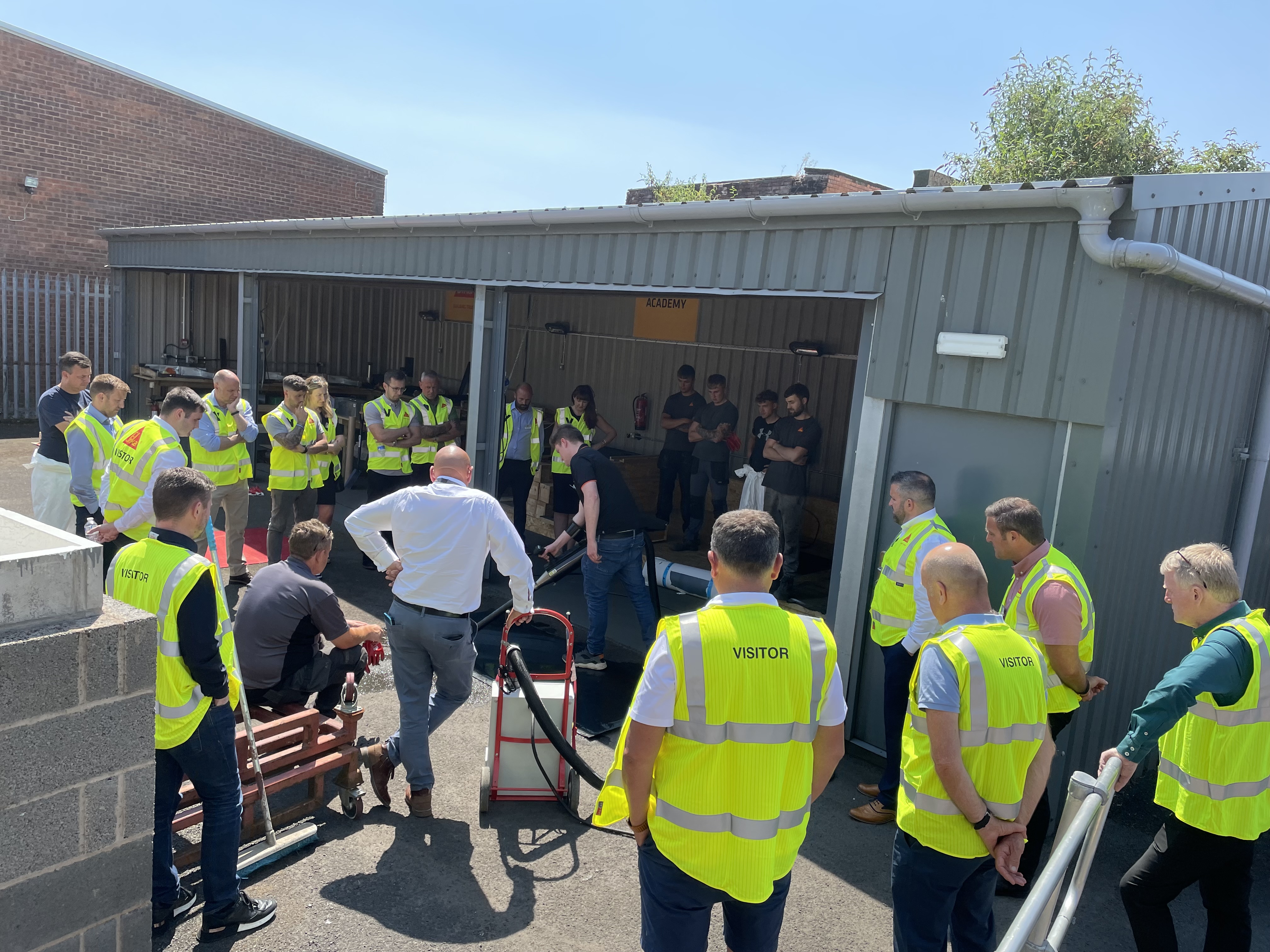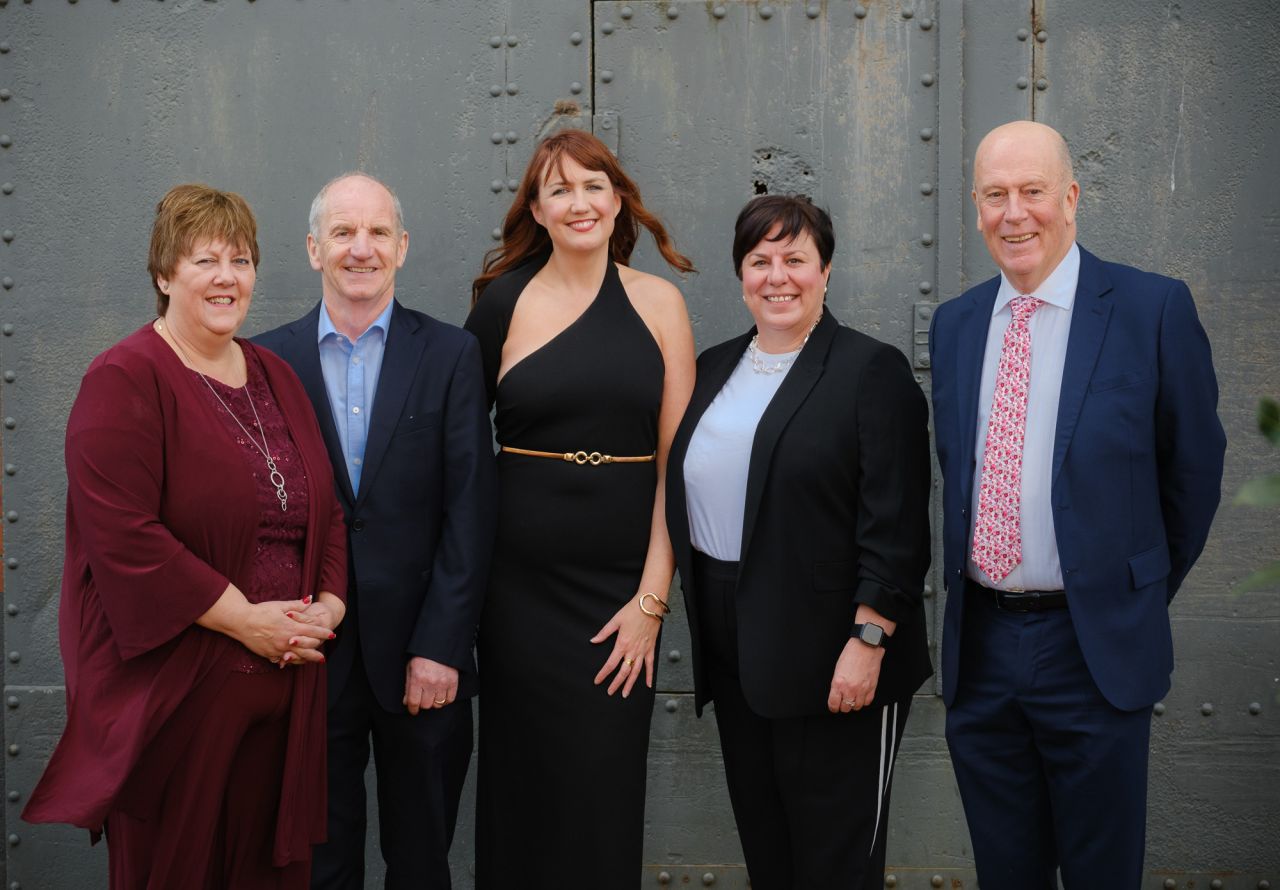Our history
- Our history
There’s often a misconception that liquid waterproofing is a recent development, but a combination of natural bitumen and various fillers, such as sand, was used to waterproof roofs as early as the 1820s. By the late 1800s, natural bitumen was being specified extensively, applied as a liquid with reinforcement layers using jute, straw, rag felt and other man-made materials.
- The start of the association - BRoCMA
Fast forward to the 1970s, and the benefits of bitumen coatings meant they were being used for a variety of waterproofing projects. However, this growth also began to trigger some negative perceptions of liquid manufacturers. Many products were being sold over trade counters to roofing contractors who were not applying them correctly or to the required specification leading to reports of failing roofs and subsequent bad publicity.
These issues were the drivers behind the launch of the Bitumen Roof Coatings Manufacturers Association (BROCMA) in 1979. The brainchild of Anthony Cobbold, the Chairman of Evode Roofing (now Hyflex Roofing), BROCMA was formed to help improve the sector’s reputation and develop initiatives that would raise standards of workmanship.
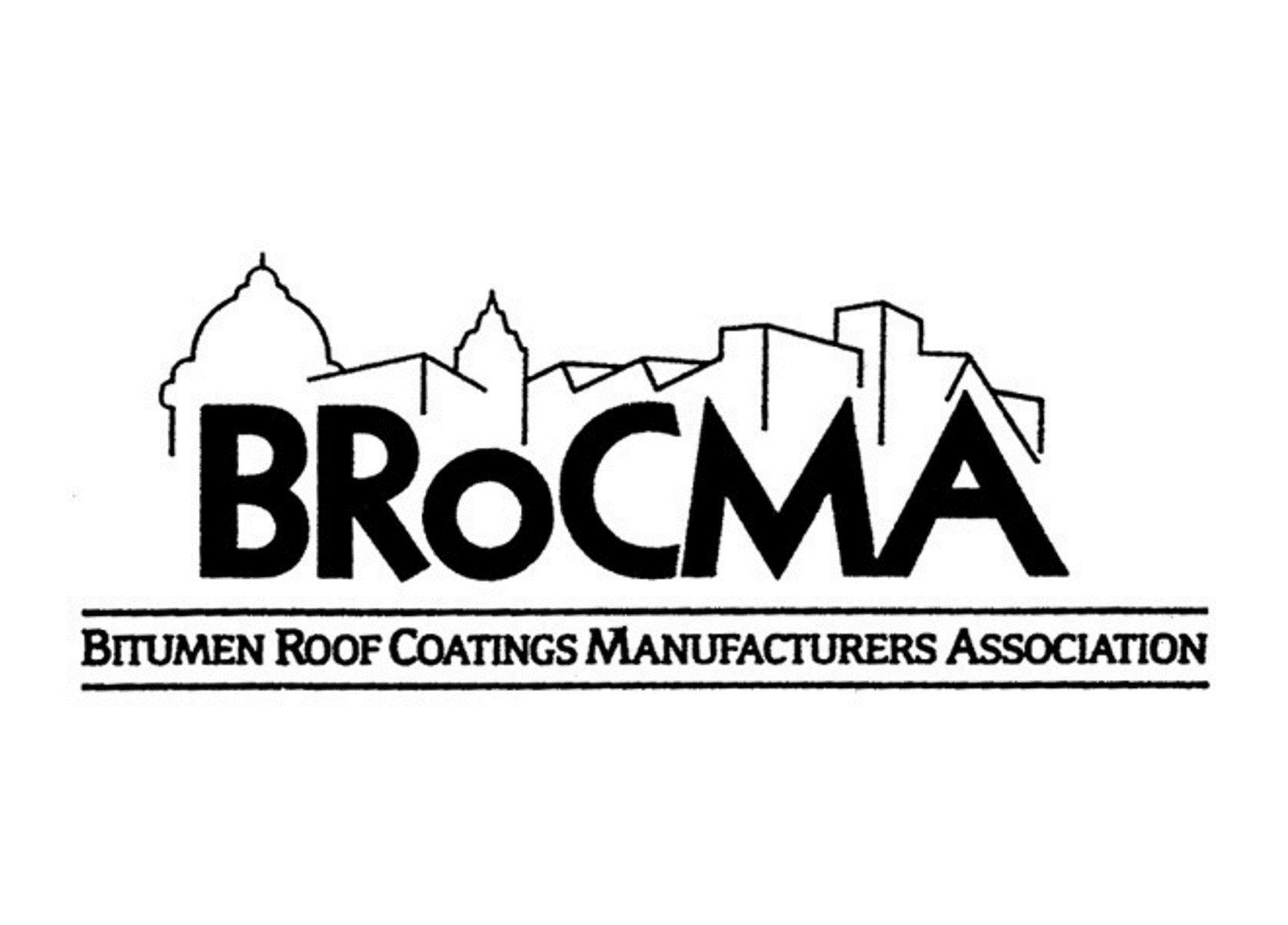
- Evolution of liquids
The association was reinvented as the European Liquid Roofing Association (ELRA) in the early 1990s, in-line with the growth in non-bituminous products. It also began to be recognised as an industry voice with an active role in drafting European standards. This included helping to write the European Technical Approval Guidelines (ETAG) for liquid applied waterproofing kits, with the association representing the UK alongside the British Board of Agrement (BBA).
In 2005, the ELRA evolved into the European Liquid Waterproofing Association (ELWA) to reflect the wider markets that liquid waterproofing was being used in such as car parks. As the liquids market continued to grow at pace, the association refocused onto roofing and re-launched in 2010 to become the Liquid Roofing and Waterproofing Association (LRWA).

- Specialist industry
The association now represents a total of 11 different technologies, including polymer modified bitumen emulsions, glass reinforced resilient unsaturated polyester resins (GRP), flexible polyesters, polyurethanes, poly methyl methacrylates (PMMA), methyl methacrylates (MMA), other acrylics, polyureas, thermoplastic block copolymers, hot applied polymer modified bitumens (hot melt), and silane terminated polyethers, one of the latest innovations in liquid waterproofing.
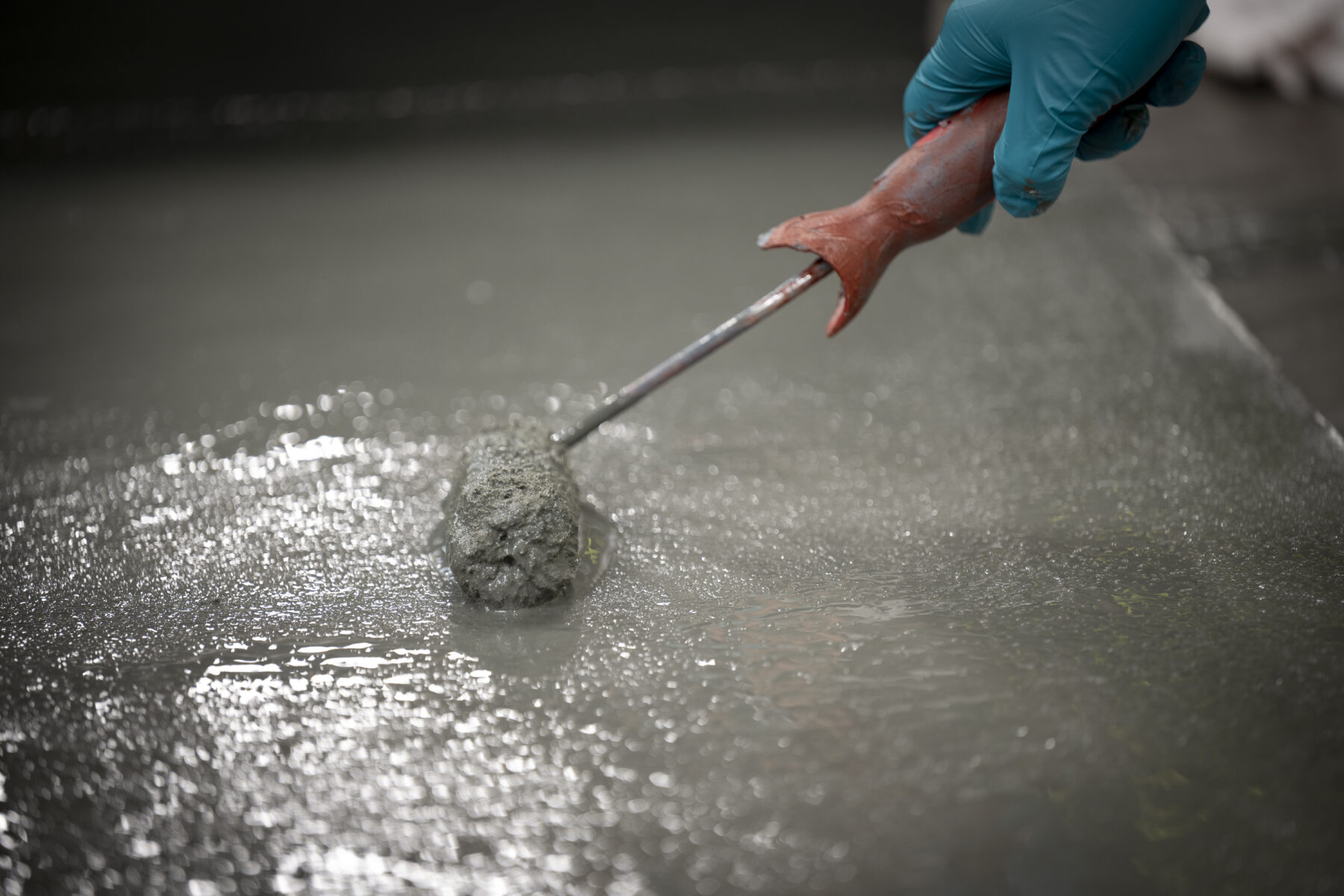
- Versatility of application
Every product has its place in the market and quality application is crucial. Ranging from highly specialised systems through to those sold through merchants, liquids are truly versatile as demonstrated by their use across a vast range of applications including roofs (domestic, large commercial and metal), car parks, balconies, walls, bridges and walkways. This versatility has fuelled the expansion of the sector.
This growth has since continued as reflected in the LRWA’s membership. There are currently 27 manufacturer members compared to 16 in 2013. We also have associates plus a rapidly rising number of contractors, representing the fasting growing part of our membership.
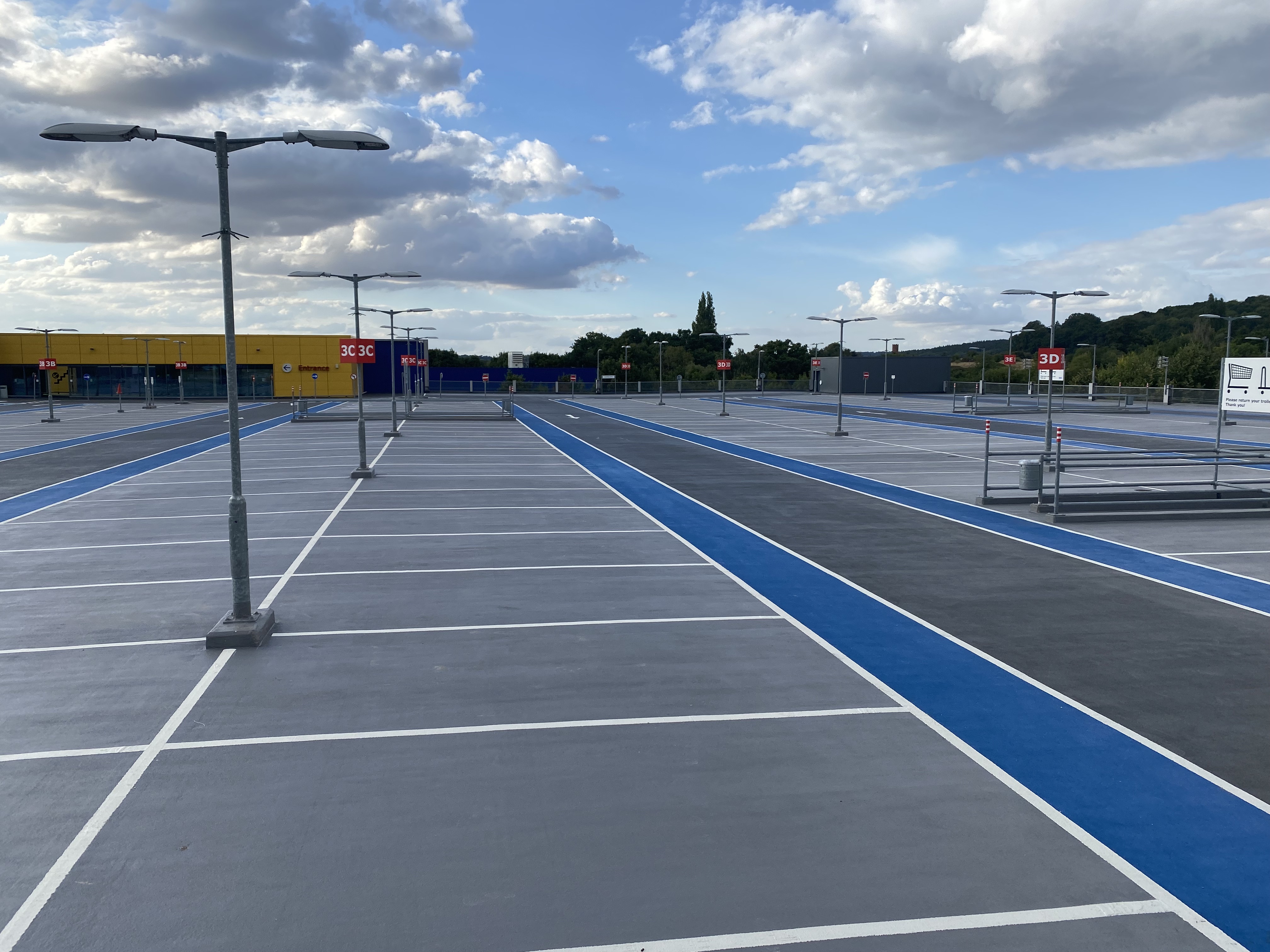
- Useful links
- Members area
- Join LRWA
- Latest events
- Latest vacancies
Listed below are the latest jobs posted by our LRWA members.
Related Content
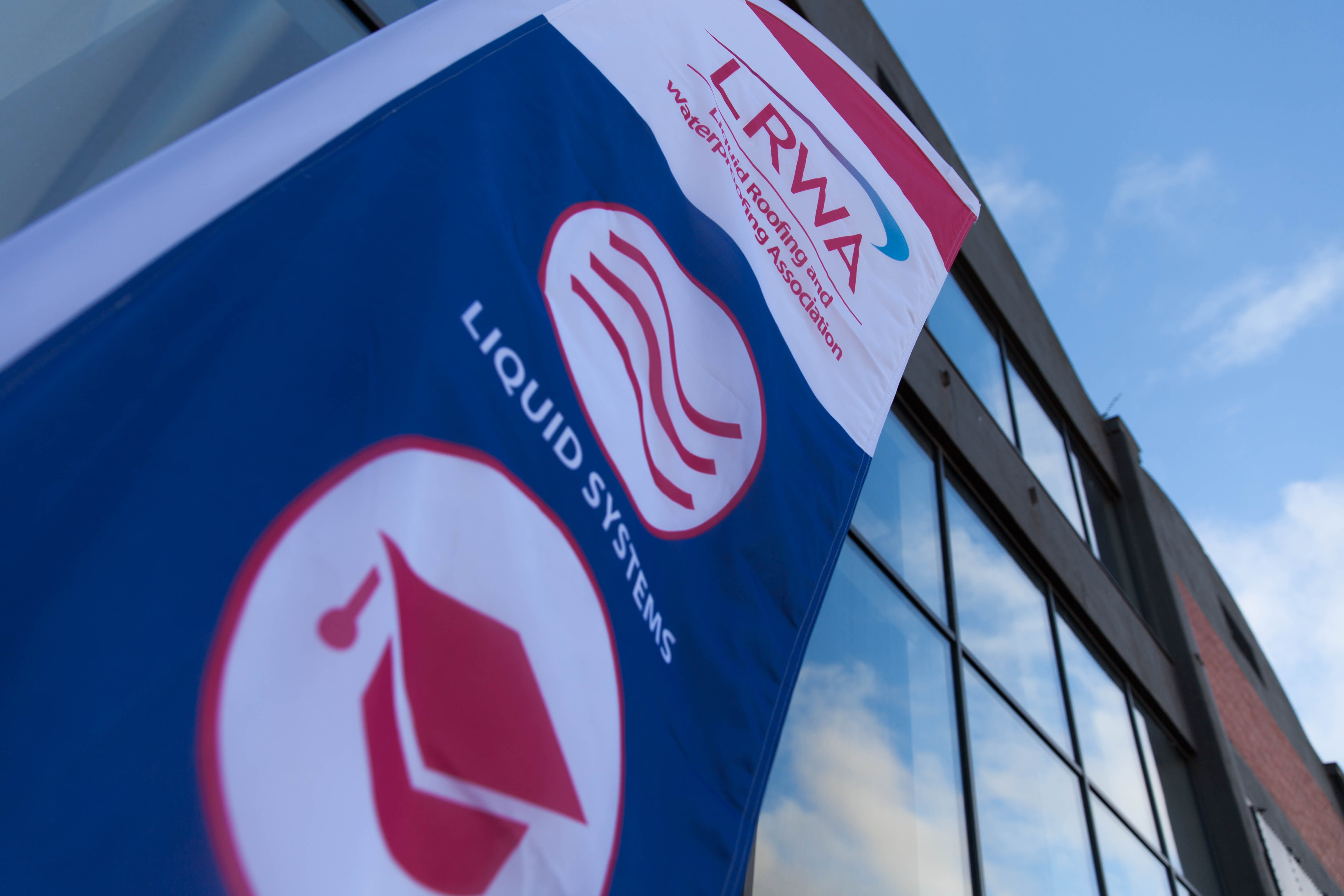
Our history
The association was founded in 1979, and evolved to become the LRWA in 2010, read about our history
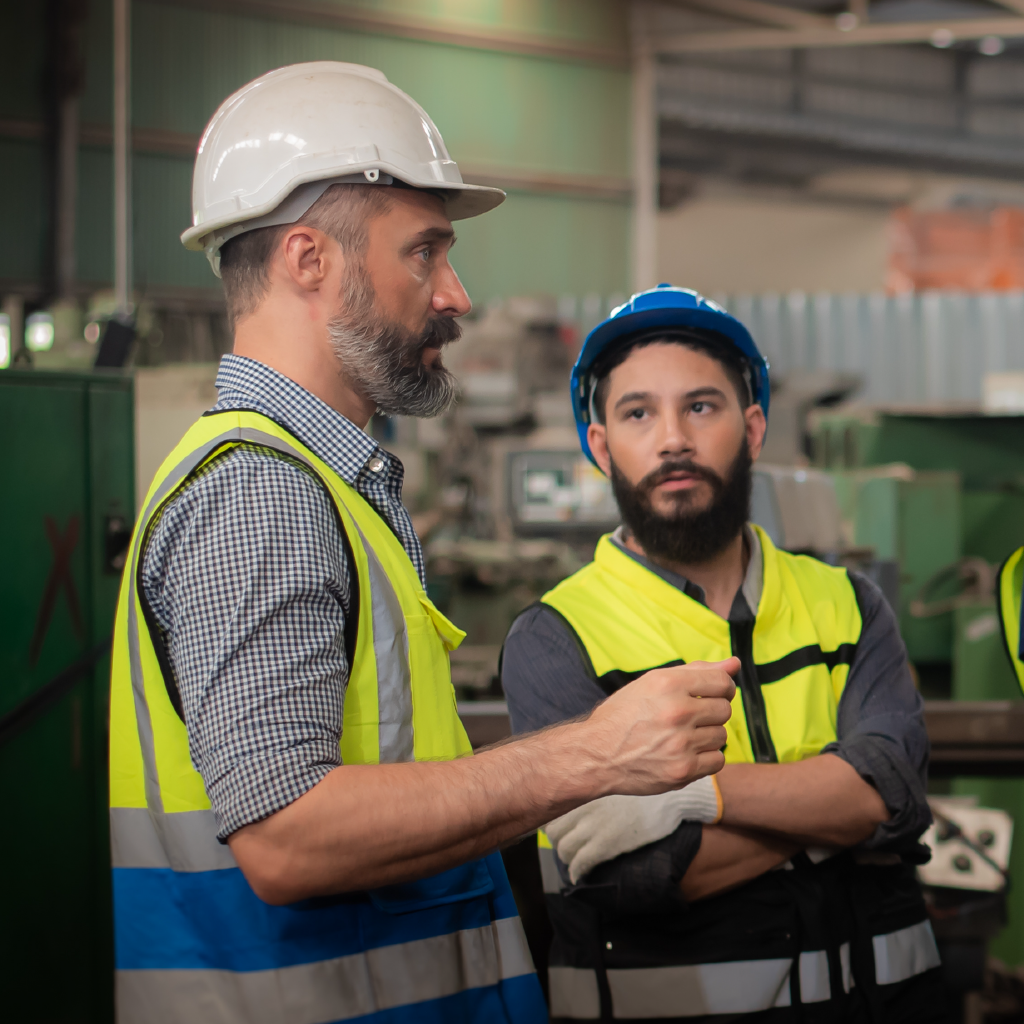
Partnerships & affiliations
Having close relationships with a wide range of organisations is the key to LRWA’s success in assisting in the developing, supporting and education on behalf of our members
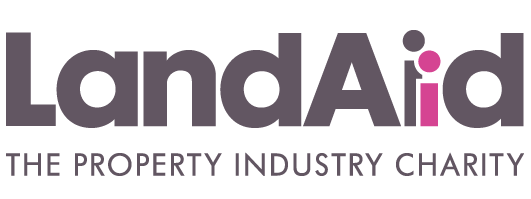
LRWA Charity support
As a ‘not-for-profit’ trade association, we like to show our support for various charitable causes and select a different charity each year.


